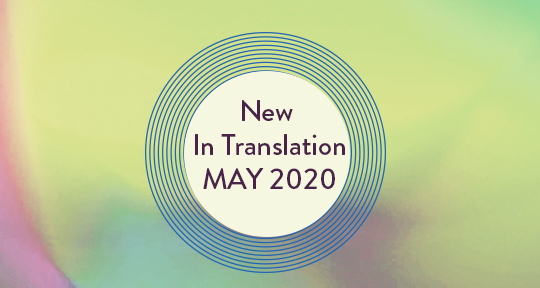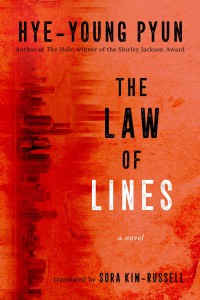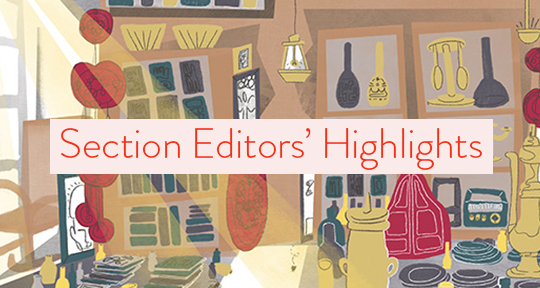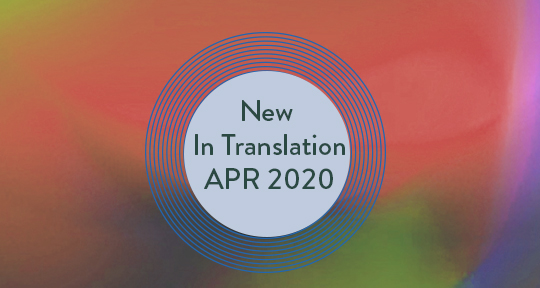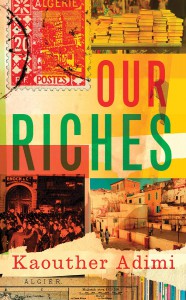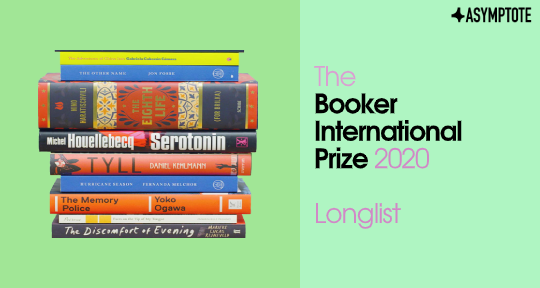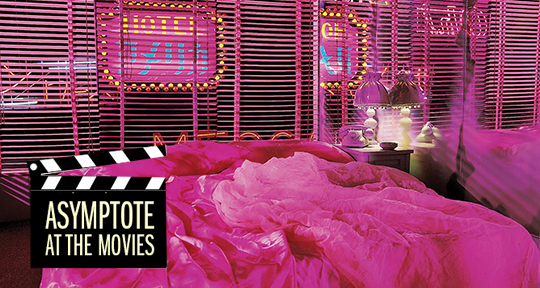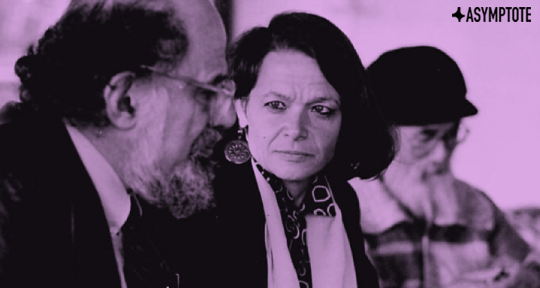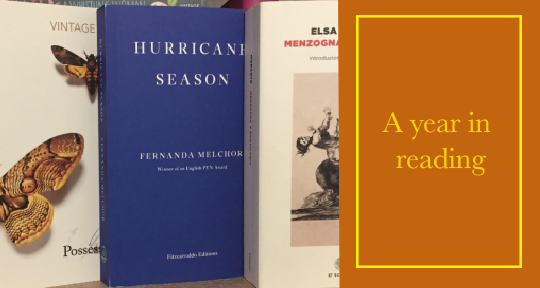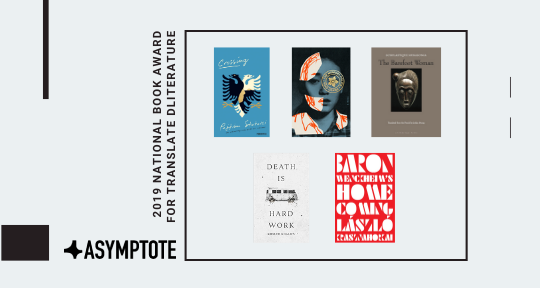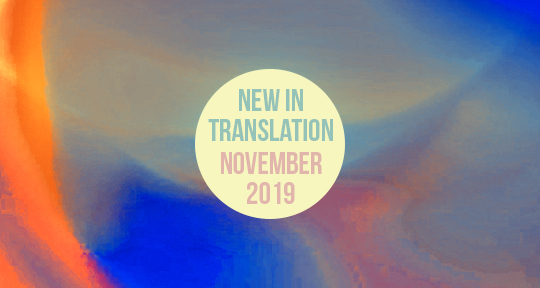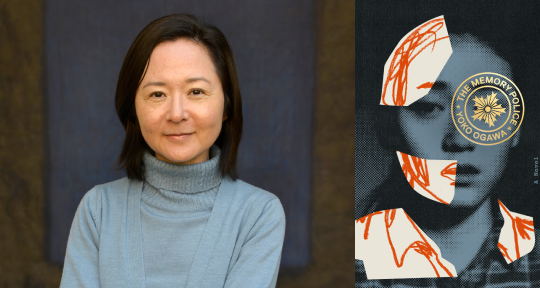“If I want to imagine a fictive nation . . .” With those words, Roland Barthes’ Empire of Signs, his study of Japan and its available reality, begins. Going on to infuse the elements of Japanese existence—everything from haiku to monolids—with his singular manner of interrogation, the Japan that Barthes illustrates is one that exemplifies the mental journeys that arise in correspondence with physical ones. Now, fifty years after its publication, Xiao Yue Shan takes contemporary Tokyo as a point of origin to discuss the Japan that corresponds to the Barthian instinct for examination, and how his fascination with this country’s collection of signs is a direct result of the city’s peculiar composition.
The urban environment is a contract between humans and their machines, between conscious and unconscious topographies, between vessels and inhabitants. It is a haven of both creativity and consumption, a spatial and experiential experiment. Of its understanding there comes a need for the discretions of a knowingly discontinuous cognizance; it is impossible to know the city wholly, and there is also no need for such knowledge.
In Tokyo there is a discreet strangeness in the negotiation between the city and its inhabitants—movements are organized covertly around narratives and histories. All that is built requires a reverence for what was there before. The past is hidden and present, the city is whole and in parts. When Roland Barthes arrived here in 1966, he recognized the enormous task that it assigned to him, that “Japan has afforded him a situation of writing.” The resulting 1970 text, Empire of Signs, is a luxury of the imagination, in which a mind perforates the scene with both an intent to investigate and an egoism that affords one the comfort to discern and judge. Japan was an amalgam of facts and fictions, to be navigated with all the directions of thinking.
Foreigners assign themselves to the subject of Tokyo with a fascination first. To achieve the perfect balance between knowledge and impressions, of experiences both living and mythical. In his assignment Barthes accomplished a passion of translation, which is to fearlessly integrate the insights of the foreigner with the extant, accumulated comprehensions of the local. Where someone who was born and lived the entirety of her life in Tokyo may have accumulated a wealth of notes in the slow, linear fashion of smallness to bigness—from the room to the home, from the home to the neighbourhood, from the neighbourhood to its vicinity, and from thereon the entirety—the foreigner comes to involve herself with the city via a series of shocks, of enthrallment with “ordinary” things, of curiosity that encourages in turns awe and despair, and of constant referral to her lack of knowing. Inevitably one sees what the other cannot, and inevitably in this interchange an enormously valuable body of knowledge arises. READ MORE…



